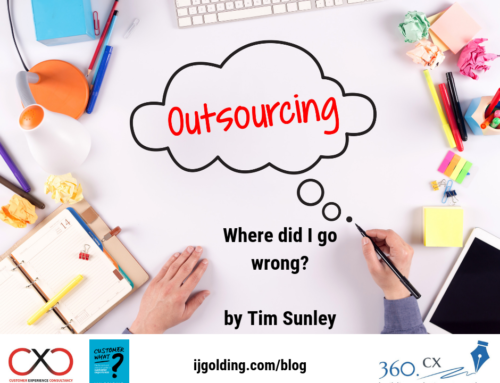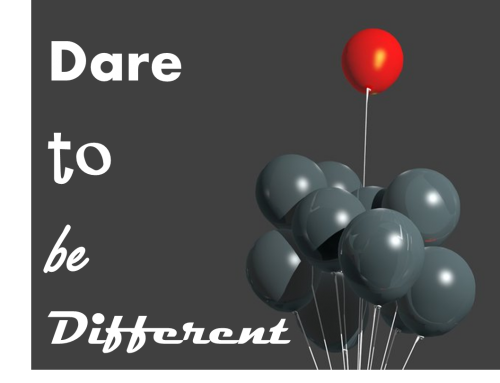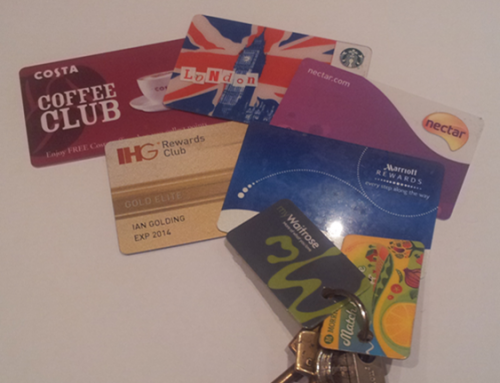
Have you ever been asked the Net Promoter Score (NPS) question? Do you even know what Net Promoter Score is? Despite the fact that the NPS method has been around for ten years, there are many who have no idea what it is. This is an extract from the ‘font of all knowledge’ – Wikipedia explaining it:
Net Promoter Score (NPS) measures the loyalty that exists between a Provider and a consumer. The provider can be a Company, employer or any other entity. The provider is the entity that is asking the questions on the NPS survey. The Consumer is the customer, employee, or respondent to an NPS survey.
NPS is based on a direct question: How likely are you to recommend our company/product/service to your friends and colleagues? The scoring for this answer is most often based on a 0 to 10 scale. Companies are encouraged to follow this question with an open-ended request for elaboration, soliciting the reasons for a customer’s rating of that company or product. These reasons can then be provided to front-line employees and management teams for follow-up action.
At some stage we have all been asked the question – mostly via a survey or questionnaire, although sometimes in person. I will never forget the time I opened a bank account for my business, only for the business manager to ask me if I would give them a ‘9 or a 10’ on their NPS survey. I kid you not! The purpose of this post is not to discuss the pros and cons of NPS – that has been done many times in the last ten years already! The purpose of this post is to clarify whether or not we, as consumers, actually do recommend organisations we have dealt with to others.
In my recent ‘what do customers want’ research, I asked the question – ‘do you ever recommend organisations you have transacted with to friends, family or acquaintances?’. The question was different to the NPS question itself. NPS looks at ‘likelihood’ – it does not know if the respondent ever actually does. I wanted to know if we actually do. Here is the result:

82% of respondents in my research have at some stage recommended an organisation to someone else. Not intended – but actually have. A further 17.5% sometimes recommend – but not always. This is perhaps no a surprise to you – and not a surprise to me. Word of mouth has always been a significant part of business development – and will always continue to be. This research does confirm that NPS is a very useful business metric. Only a tiny minority of respondents do not recommend – less than half of one %. So if your organisation does not know if customers are prepared to recommend you – maybe you should find out.
Another question I was intrigued to know the answer to in my research focussed on social media. Those that know me, know that I am a little obsessed with being seen and heard across a variety of social platforms. I use Twitter regularly to communicate with organisations I transact with, and I wanted to know if others do to. I asked the question – ‘Have you ever used social media (Twitter or Facebook) to interact with an organisation (when requiring customer service or help)?’ – I wanted to know if social channels have genuinely become a serious consideration for us as customers to contact companies. Here are the results:
Almost a 50:50 split. 52% of respondents have contacted organisations using Twitter or Facebook – whilst 48% have not. As this is the first and only time I have done research on this subject, I do not know what that split would have looked like 1 year ago – or 5 years ago. I can only speculate that this number is increasing steadily over time.
The result does show that half of our likely customer base is not yet using social media channels to communicate with us. Those suggesting that traditional channels (telephone and email) are dying had better take heed of this. If 50% of consumers are not using social media to communicate – they are as a result still using traditional methods. Yet the fact that 50% of consumers are, is equally important.
How many times have you ‘tweeted’ an organisation only to be met with complete and utter silence? How often is your voice ignored when using Twitter or Facebook as your chosen method of contact? I could (although I will not) name a dozen organisations I have tweeted in the last twelve months only to receive no response. If 50% of consumers are using social media channels already as a communication tool, these organisations need to sit up and take notice – and quickly!!
The title of this blog post was ‘Recommend? Tweet? Do customers really do it?’ – my independent research confirms that they really do! If you have not yet read previous posts about the rest of the research, you can do so via the following links:
https://ijgolding.com/2013/11/19/what-irritates-customers-most-the-top-five-irritations-revealed/
Let me leave you with a lovely quote from Walt Disney:








While I agree with the conclusion, I do not agree with the oversimplification of NPS questions really works.
Thanks for taking the time to reply Chirodip. Ultimately the conclusion is clear – whether or not the measurement system is an effective one to drive change – well that is a well debated topic. I believe that there is value in NPS as a metric, but not in isolation. A combination of metrics, often NPS and CSat, will enable an organisation to narrow down to not just what customers think, but more importantly why.
Hi Ian – as someone who participated in the research and encouraged other to do so too, I’m enjoying these posts.
I’m allergic to Net Promoter Scores. They ask about intent, ‘how likely are you to…’ rather than asking will you recommend. I feel like I’m being manipulated every time I hear the NPS thing.
Using social media to complain and compliment can be really helpful. I occasionally write songs to help get the message across to unresponsive organisations, and I’m always happy to share the news when it is more positive too. I know people have changed banks as a result of stuff I’ve shared about my experience in this space.
Keep up the good work Ian.
Thank you so much Doug – feedback like this is always very much appreciated. I have never listened to one of your ‘customer service songs’ – fancy sharing one? We could even write a collaborative blog about it!!